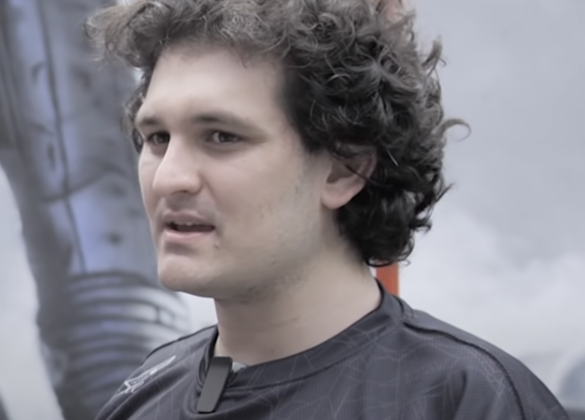
This post is part II of a two-part series. See part I here.
The main subject of Michael Lewis’ book Going Infinite: The Rise and Fall of a New Tycoon is Sam Bankman-Fried, but a close second is the idea of “effective altruism.” Effective altruism is “a research field and practical community that aims to find the best ways to help others, and put them into practice.” For SBF and other EAs, that might look like getting very rich and then giving that money to people who know best how to make the world a better place.
Sam Bankman-Fried (SBF) was captivated by effective altruism early on and then became a prominent proponent of it as he rose in wealth and fame. The arguments behind effective altruism aligned well with his love of numbers and probabilities. The main idea is to maximize help. For example, you can become a doctor in a poor, rural area and help thousands of people in your lifetime. Or, you could be a rich person who establishes clinics in many poor, rural areas—funding many doctors, and saving many more lives. You can spend your life researching a cure for cancer, or you can find the top cancer labs already out there and give them remarkable resources. You can try to shape elections. Money makes the world go round, what if it can also be used to set the world right?
Since the fall of SBF, there have been many well-written criticisms of effective altruism. It can certainly be a way to whitewash a desire for wealth and power by making people feel virtuous for getting rich. It most definitely can put money behind projects that are deemed best primarily on the basis of their appeal to rich people who think they are the best hope for saving the world. But if you read Going Infinite, it can also be a sincere thing. SBF seems to have genuinely believed that he could help solve major world problems by putting money in the right places. And he didn’t mind putting his money in those places. He was even willing to do “no strings attached” funding. He may have been, in some ways, more unselfish than his downfall made him appear.
Going Infinite goes into detail about the ideas and figures behind effective altruism. It also demonstrates that while SBF loved the idea of effective altruism and helping others, he had a hard time loving other people. Going Infinite is full of quotes from SBF about his challenges in connecting, his lack of close friends, his inability to give his sometime girlfriend what she wanted or needed, and his distance from his family. Many of the effective altruists in his circle had the same problem, they cared about people generally, but struggled when it came to caring for specific people.
Effective altruism can make it seem like it is easy to solve the world’s problems, but helping is hard. Getting rich and giving money away may be very helpful in many ways. When Dolly Parton gave money to Vanderbilt COVID vaccine research, that was very cool. But we can’t all just fund rural clinics in poor countries, some of us have to work in them for the clinics to be effective. To cure cancer, someone will have to spend their life in the lab, not getting rich but getting closer to a breakthrough. Sooner or later, even the big world-saving projects require someone to show up and do things. The good fight has to be fought every day.
The challenges of caring for and about others are not unique to socially awkward crypto-kings. “Big picture” solutions have an appeal that everyday small sacrifices and kindness do not. It would probably be better to cure malaria than to make lunch for your child every day of elementary school. If you had to choose, cure the illness. But you rarely actually have to choose. There is probably time to make that lunch, at least some days. People are right that being nicer in everyday life will not solve systemic problems, especially if the problems are global. But being caring in daily life does not oppose or offset any organized approach to making the world a better place. It can also sharpen our resolve by keeping us grounded, because if we think there is some way to make the world a better place without being particularly burdened, we misunderstand how the world works.
